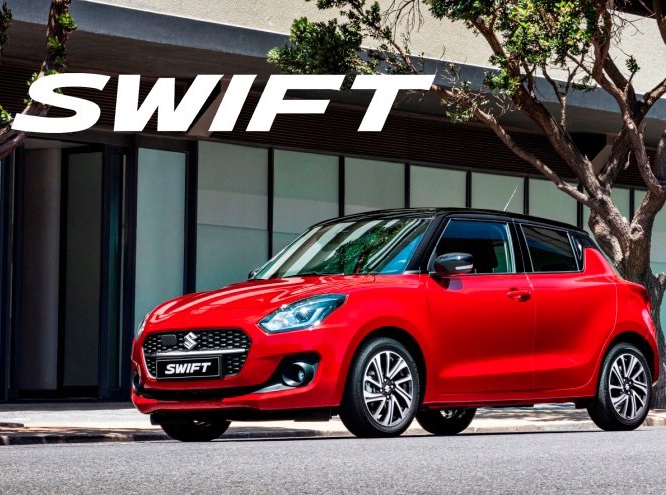News
Suzuki Predicts India’s Automobile Sales to Reach 20 Million by 2047
According to reports, Kenichi Ayukawa, executive vice president of Suzuki Motor Corporation, said that with the help of the promising growth prospects of pure electric vehicles, India’s automobile sales are expected to reach 20 million units by 2047. First, Maruti Suzuki India Ltd., a subsidiary of Suzuki Motor, aims to capture 50% of the Indian market by 2030, and in the previous fiscal year ending this March, the company’s market share was about 40%. Ayukawa said in an interview, “We are confident in the medium and long-term development of the Indian market.”

The rise of India’s economy and the country’s growing middle class have provided Suzuki with a clear opportunity. Suzuki has been active in the Indian market since 1983 and has become the best-selling car manufacturer locally with models such as the Swift and Brezza. Ayukawa revealed that to maintain its leading position, Suzuki plans to launch its first electric vehicle in India and Europe next year.
Data released by the Society of Indian Automobile Manufacturers shows that in the previous fiscal year, India sold 4.2 million passenger cars. According to the International Organization of Motor Vehicle Manufacturers, China is the world’s largest car market, with passenger car sales reaching 26 million units in 2023.
Ayukawa said that although Suzuki plans to introduce the eVX as a high-end electric vehicle, the company will also launch more affordable and lighter compact models. He added that Suzuki’s target is for electric vehicles to account for 15% of its total sales in India by 2030.
Ayukawa said, “India is facing environmental issues, so I think electric vehicles will be developed to some extent. Although people are now willing to pay more for cars than before, India is still a price-sensitive market.” He added that Indian car consumers are beginning to show greater interest in crossovers and SUVs. He believes that Suzuki will face more intense competition in this segment, as it is a “strong area for Tata and Mahindra.”
Tata Motors, India’s third-largest automaker, has taken the lead by launching pure electric versions of its best-selling models Tiago and Nexon and expects its electric vehicle business to turn a profit by early 2026.
Ayukawa revealed that Suzuki will focus on models that meet daily needs, which requires the company to develop new types of batteries. He added that Suzuki may start producing batteries in India within the next 5 to 10 years.
Regarding cooperation with Toyota in India, Ayukawa said that Suzuki may focus on small cars, while Toyota will take the lead in larger models. He added that Toyota’s electric vehicle technology will also promote the development of Suzuki’s products. Ayukawa said, “We will learn Toyota’s basic technology and gradually turn it into our own.”
Ayukawa also sees the potential of compressed natural gas (CNG) vehicles, as CNG is cheaper than petrol in India. Maruti Suzuki sold 483,000 CNG vehicles in the recent fiscal year, a 47% increase year-on-year.
Ayukawa said that although Suzuki plans to start operating four plants to convert methane from cow dung into the fuel currently used in CNG vehicles, there are still challenges ahead, such as how to monetize the remaining organic fertilizer after mass-producing the fuel.
CATEGORIES
LATEST NEWS
CONTACT US
Name: Ms Tina
Mobile:+8613884463677
Tel:+8613884463677
Whatsapp:+8613738490136
Email:[email protected]
Add:Room2104-3, Block A, Ningbo Chamber Of Commerce Building, 558 Tiantong South Road, Shounan Street, Ningbo, Zhejiang, China
